Day 1 of the 2nd CEE-LOC CONFERENCE 2024: Local Government Studies in Central and Eastern Europe held
On 26 September 2024, The Institute of Economics, Zagreb hosted the 1st day of the international scientific conference „2nd CEE-LOC CONFERENCE 2024: Local Government Studies in Central and Eastern Europe”. The conference was co-organized by The Institute of Economics, Zagreb and The Faculty of Law, University of Zagreb.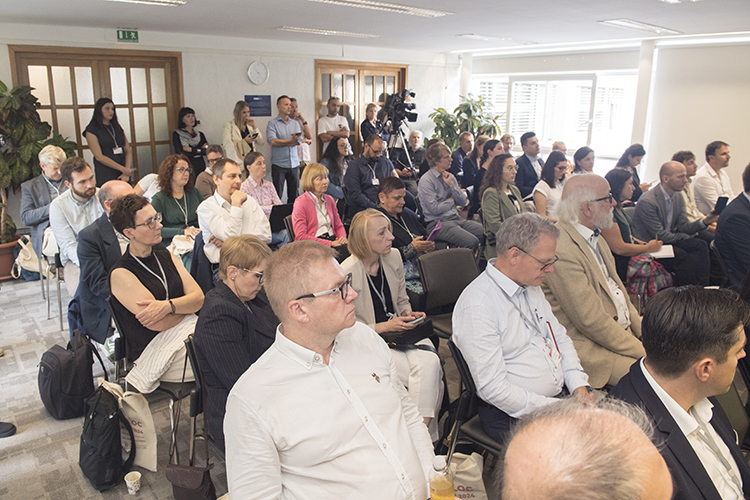
The Mayor of the City of Zagreb, Tomislav Tomašević, opened the conference and, in his address, presented the positive results that the City of Zagreb achieved during his mandate, as well as future plans for the city. He also mentioned the time when he himself was a researcher and dealt with topics related to local development, and thus demonstrated a successful example of cooperation between the academic community and the local government and motivated all participants to discussions and active participation at the 2nd CEE-Loc 2024 conference.
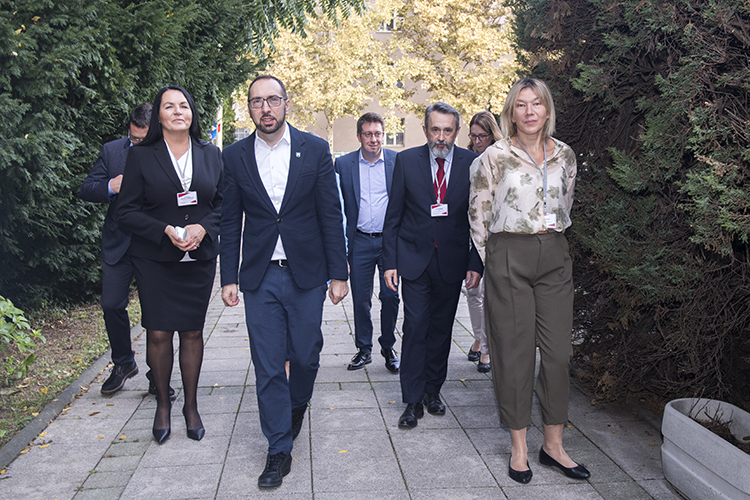
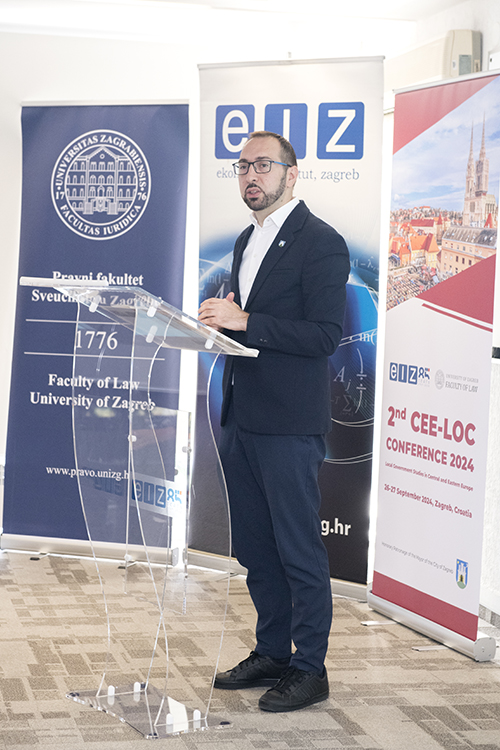
Ivana Rašić, acting director of The Institute of Economics, Zagreb, greeted everyone present and thanked them for coming. In addition to thanking the organizers, she especially thanked the distinguished guests, headed by the Mayor of the City of Zagreb, under whose patronage the conference is taking place. She expressed her satisfaction that the conference was taking place at The Institute of Economics, Zagreb, and thanked her colleagues from the Faculty of Law of the University of Zagreb for their excellent cooperation, which she hopes will continue in the future.
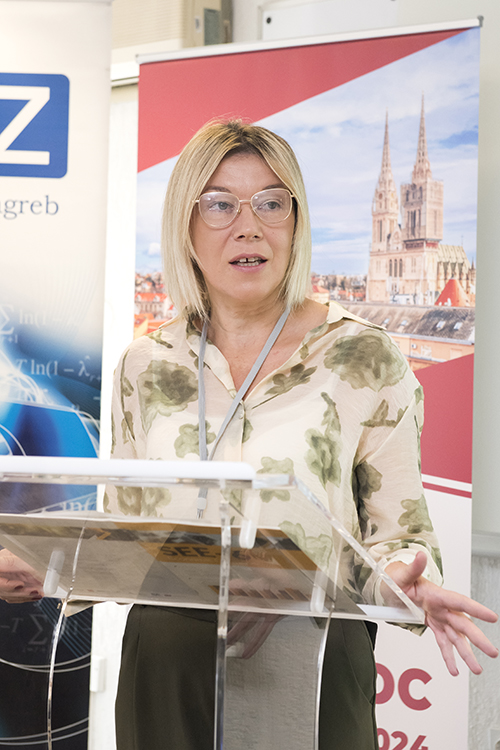
The welcome speech was also given by the co-chairs of the Organizing Committee of conference, Dubravka Jurlina Alibegović from The Institute of Economics, Zagreb and Mihovil Škarica from the Faculty of Law of the University of Zagreb, Paweł Swianiewicz, founder of the CEE-Loc conference, and Ivan Koprić, dean of the Faculty of Law, University of Zagreb.
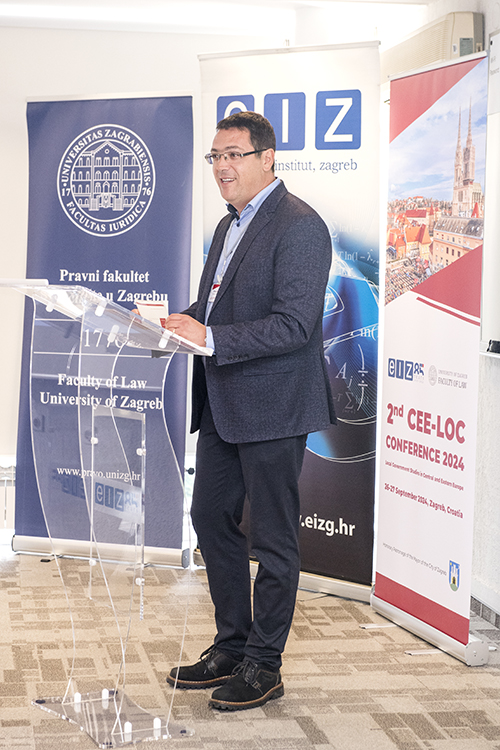
In his statement, Paweł Swianiewicz talked about the organization of the conference: "I am very glad that this Zagreb CEE-Loc conference is already the second one (after Wrocław last year) and that we have volunteers ready to organize the third CEE-Loc conference next year. So, I really believe that our conferences may become a stable tradition. Submitting papers in advance of the conference is a very important part of CEE-Loc conferences' concept. It allows us to limit time for the presentation itself and concentrate more on a discussion of prepared papers. Friendly critical comments from other participants should help to improve the paper before it is submitted to good, international journals."
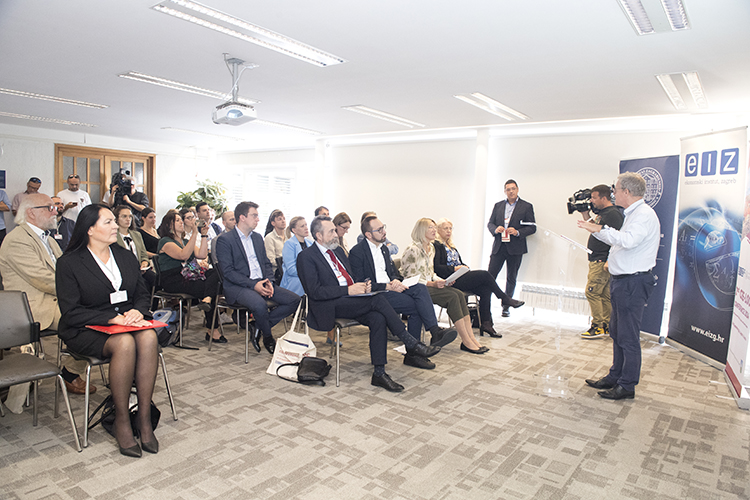
Dubravka Jurlina Alibegović stated: "We are glad to be continuing the tradition of organizing an international scientific conference on local self-government research in Central and Eastern Europe. Representatives of the academic and research community from eleven countries of Central and Eastern Europe gathered in Zagreb. On the first day, scientific papers dealing with the topics of local public finances, local elections, amalgamation of local self-government units and inter-municipal cooperation, local public services, political parties, and decision-making at the local level will be presented and discussed. The patronage of the Mayor of the City of Zagreb over the organization of this conference and the participation of the mayor at the opening ceremony symbolizes the cooperation of local politics with the academic and research community, which represents a great honor and great pleasure to the organizers of the conference, The Institute of Economics, Zagreb and the Faculty of Law of the University of Zagreb."
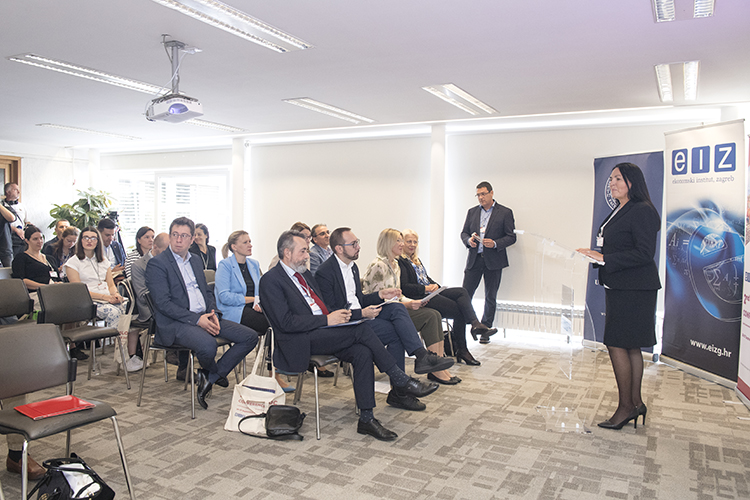
The introductory lecture was given by the distinguished professor Hubert Heinelt from the Technical University of Darmstadt in Darmstadt, Germany, on the topic Is there something like a Central and Eastern Europe kind of local government? An examination of these assumptions on the basis of statements by local politicians on their attitudes and perceptions of political contexts. Presentation by Prof. Hubert Heinelt was aimed at questioning the assumption of the existence of a special Central and Eastern European type of local self-government, which is based on reflections on frequently used typologies and indices, as well as on the statements of local politicians about their attitudes and ideas about political conditions. The findings show that "traditional" typologies of local self-government systems, which differentiate local self-government systems according to geographical areas, are no longer useful.
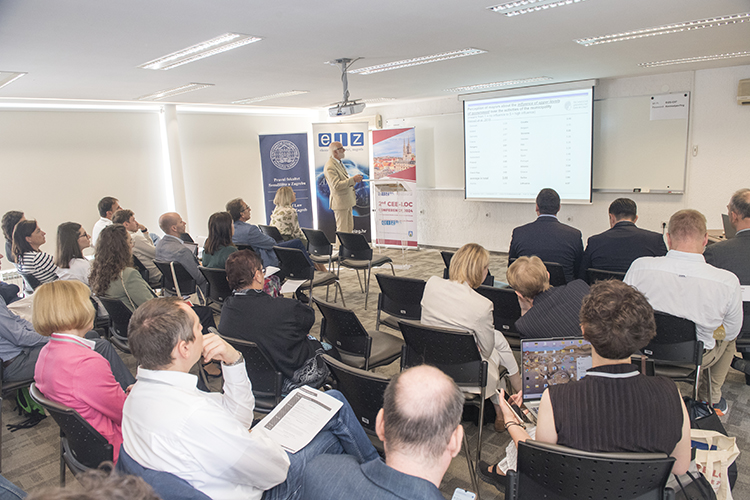
The introductory lecture was followed by presentations of scientific research papers, which took place as part of three parallel sessions, and our researchers Dubravka Jurlina Alibegović, Željka Kordej-De Villa and Tanja Broz participated in them as moderators. Tanja Broz also presented a joint paper written in collaboration with her co-authors from The Institute of Economics, Zagreb, Ivana Rašić and Sunčana Slijepčević, The capacities of Croatian cities to perform municipal services.
The complete conference program is available in the attached document.


